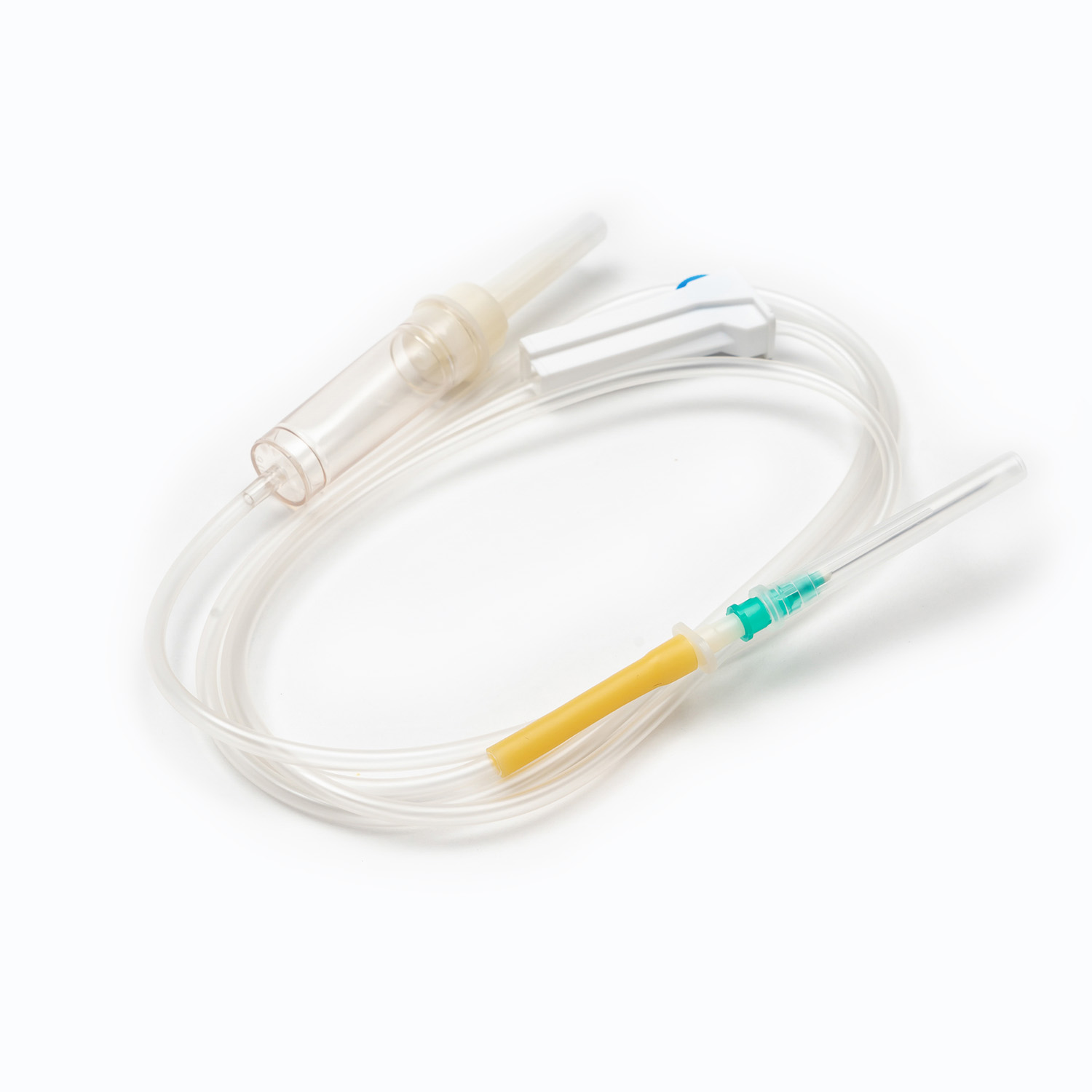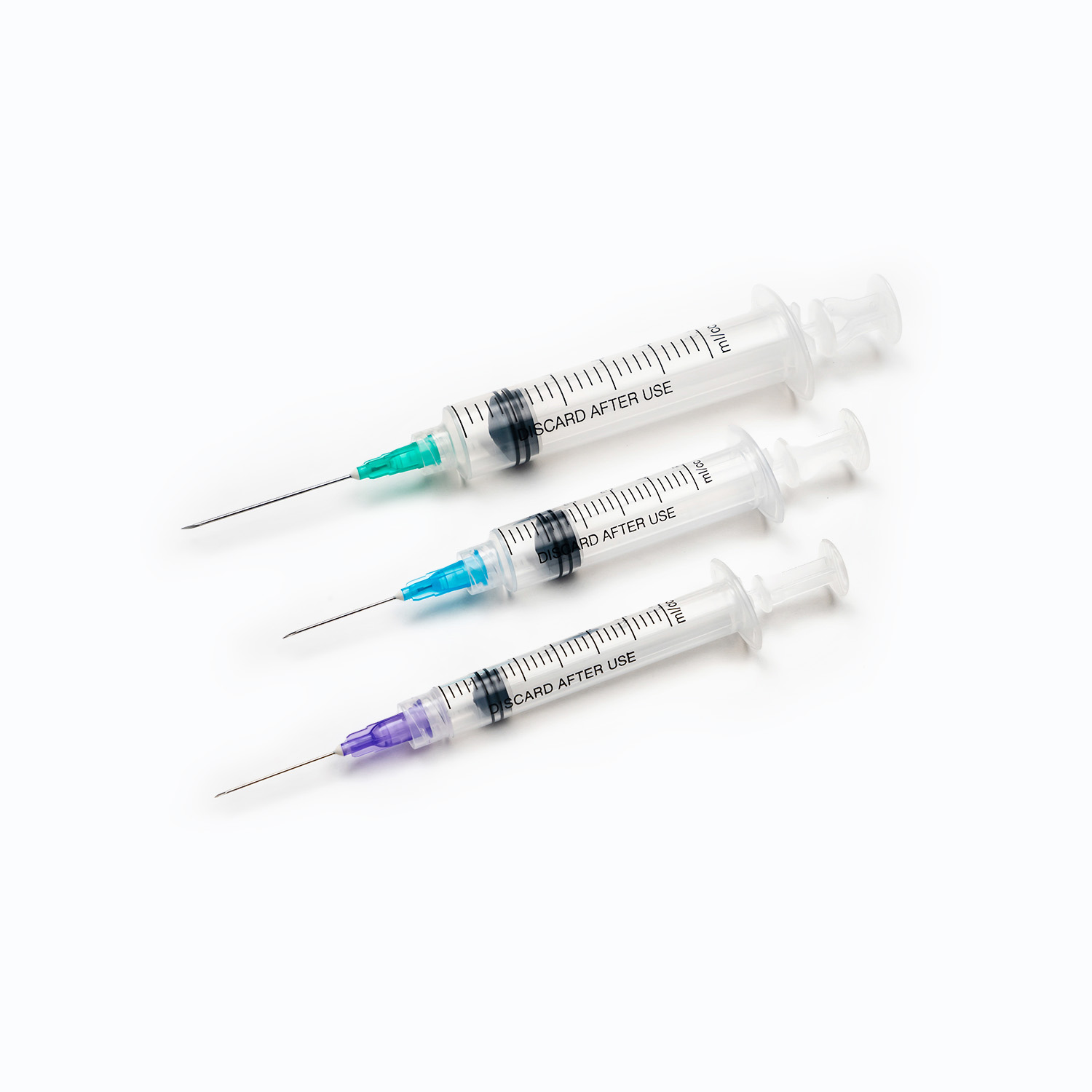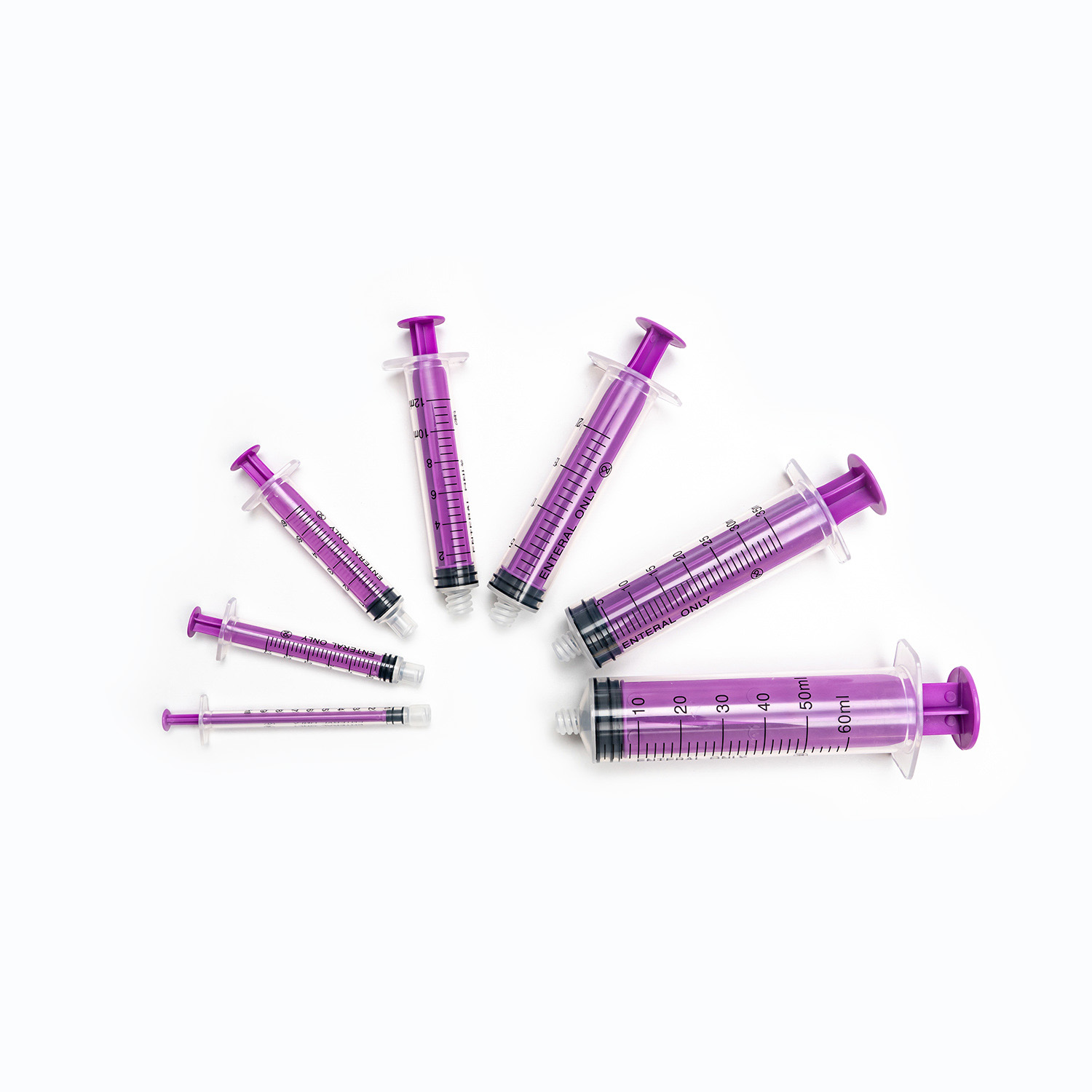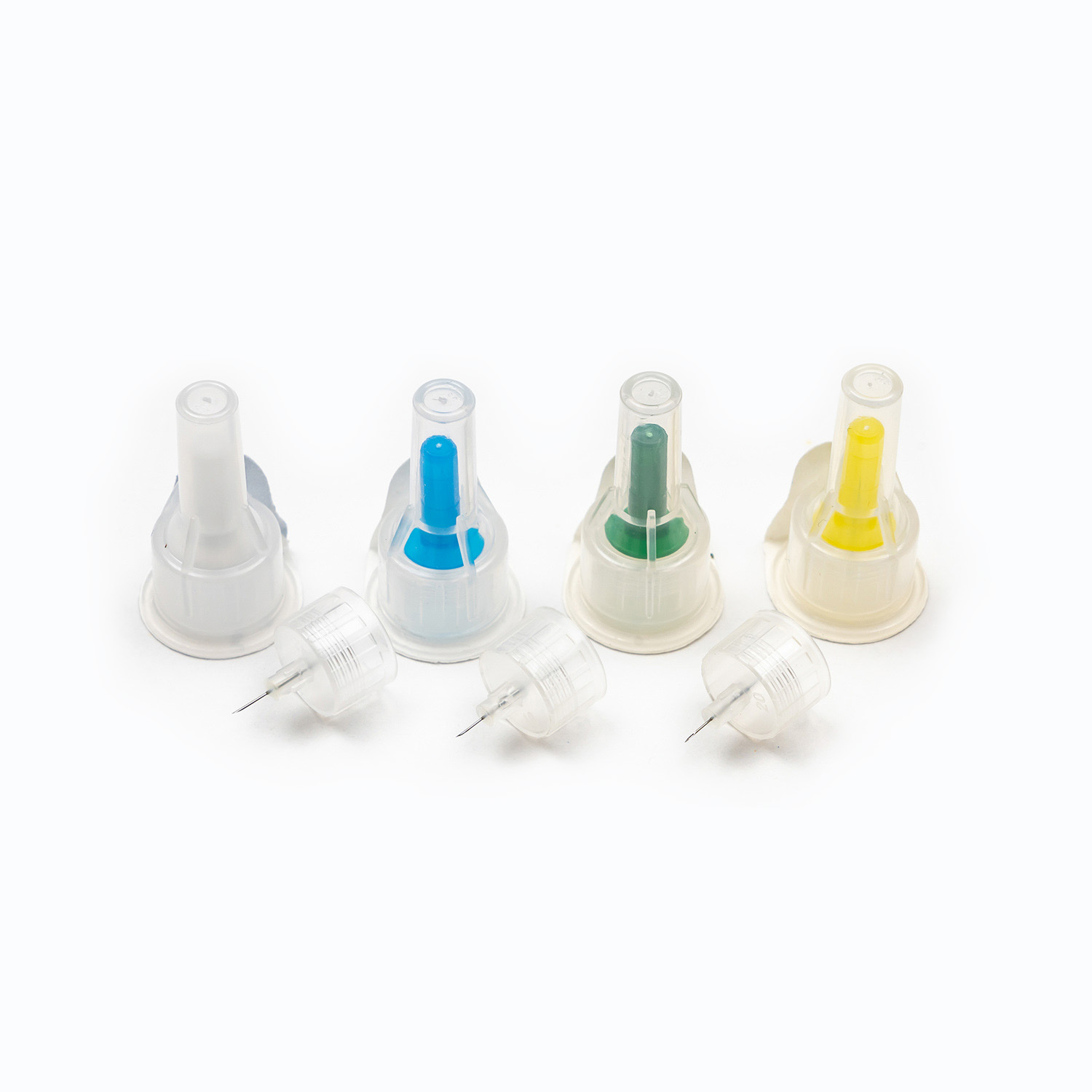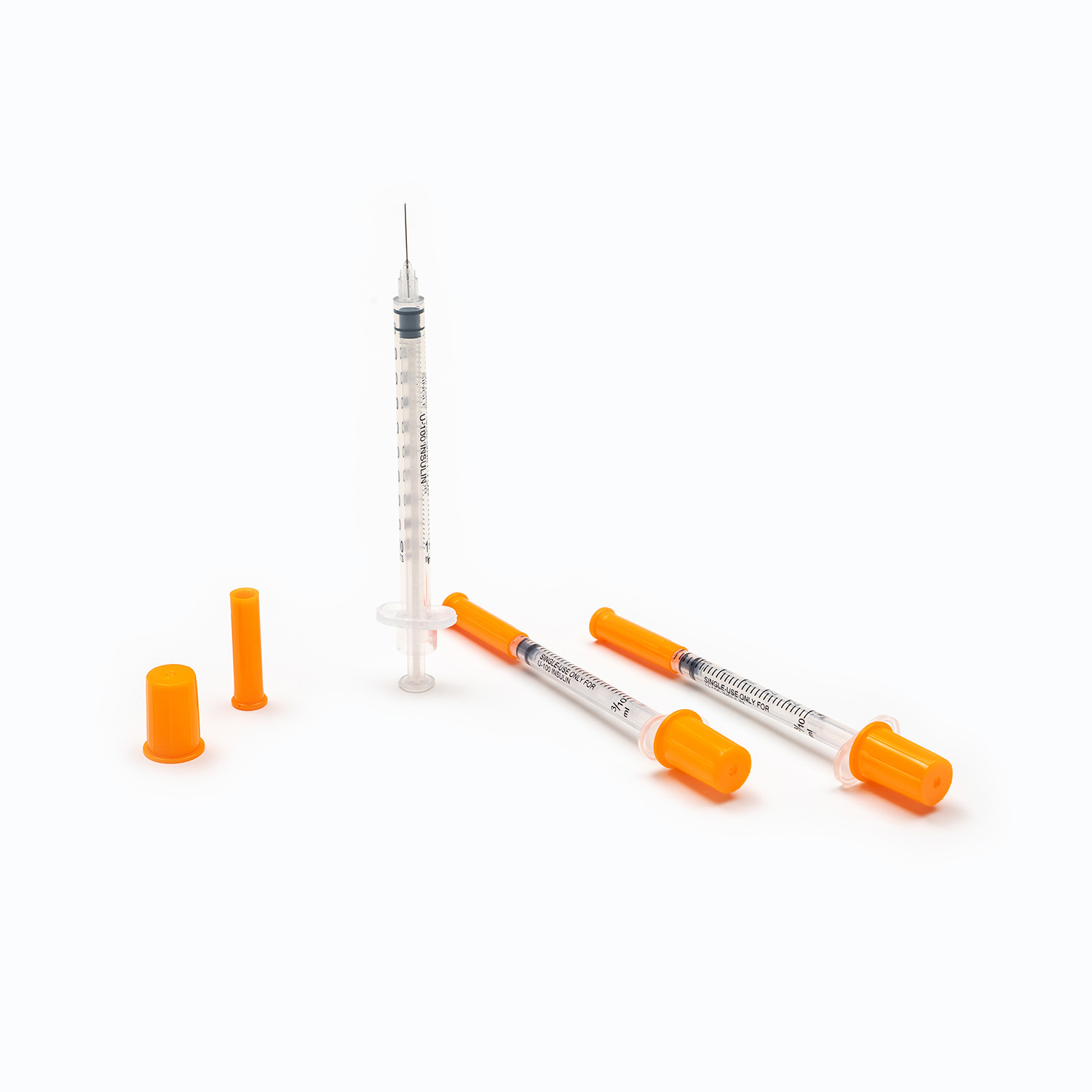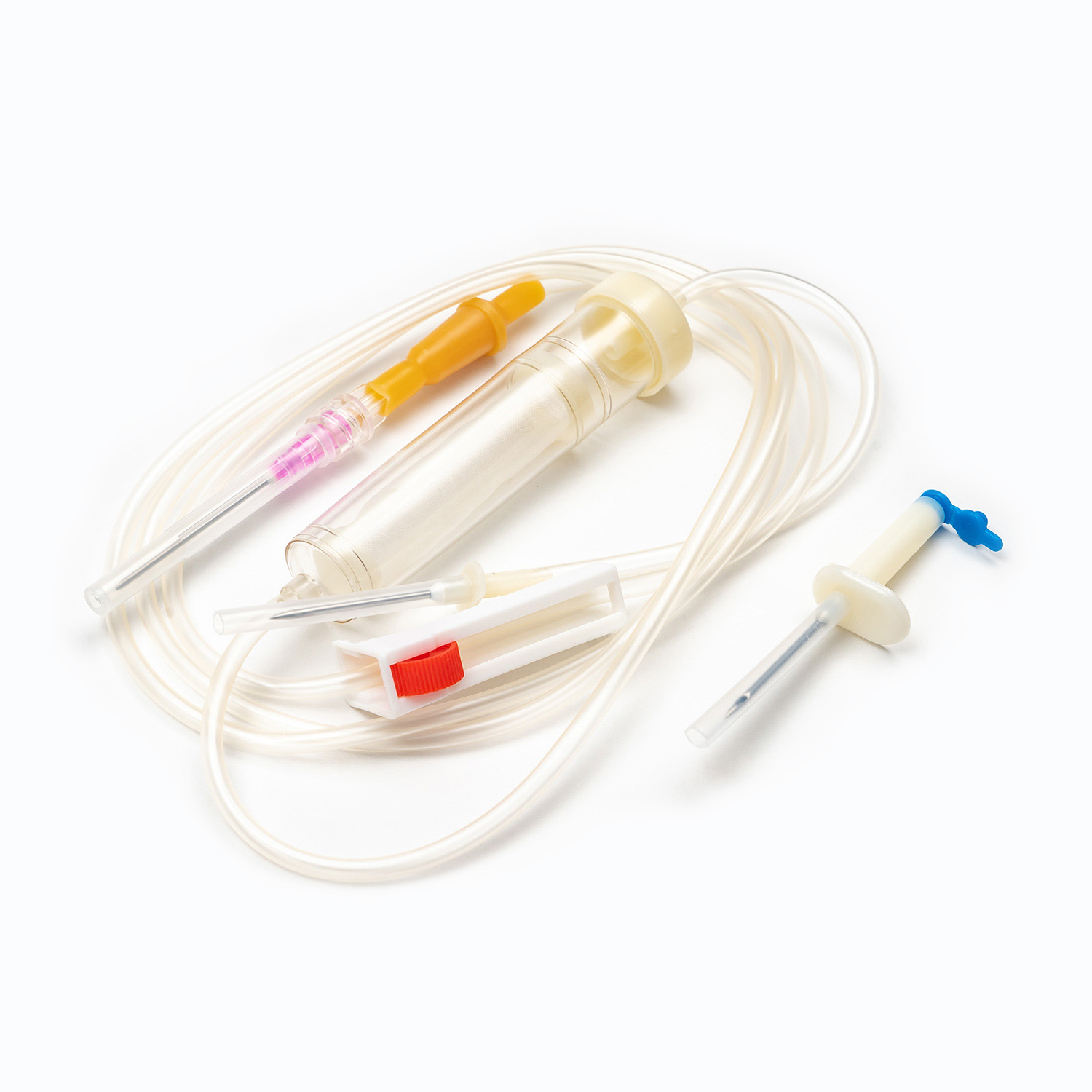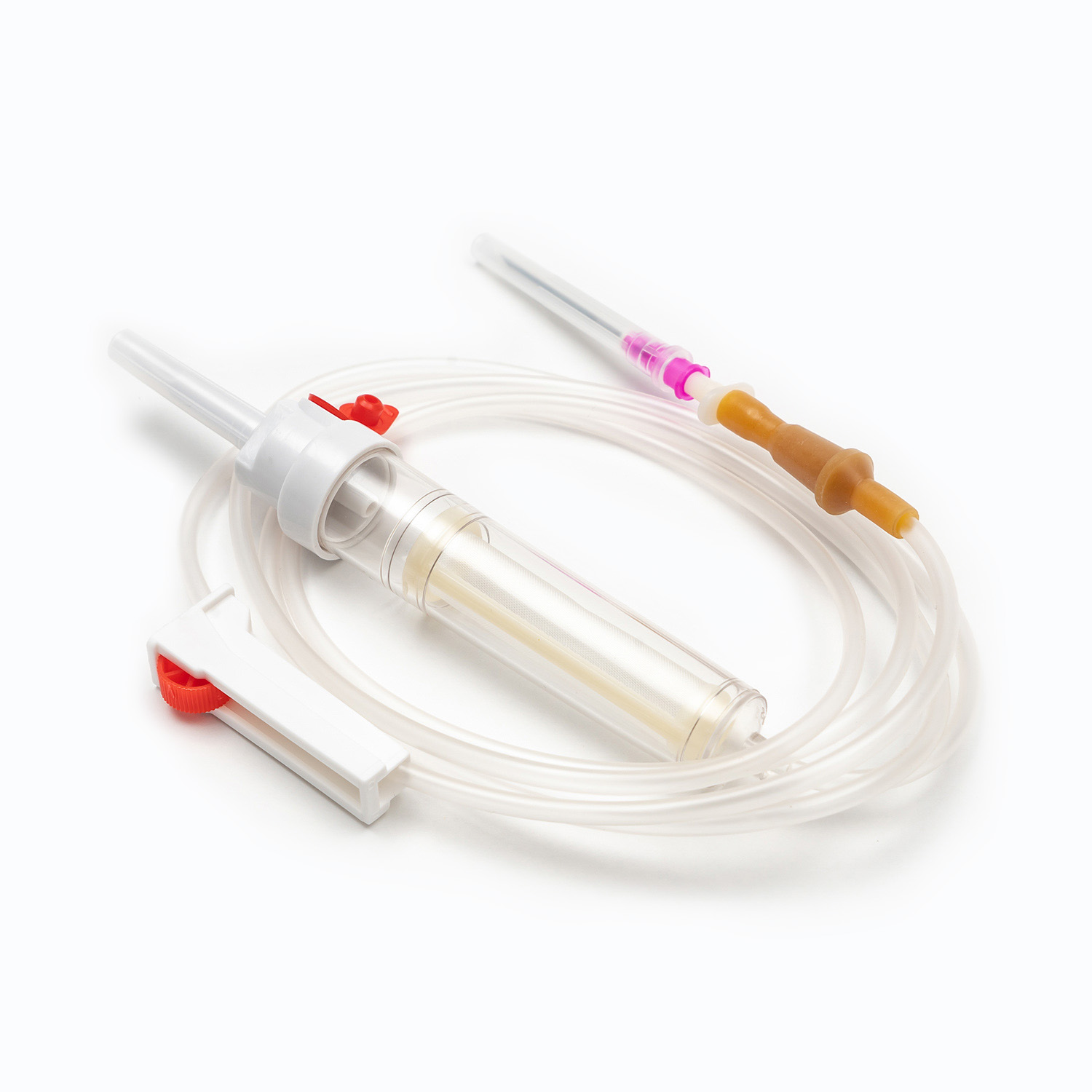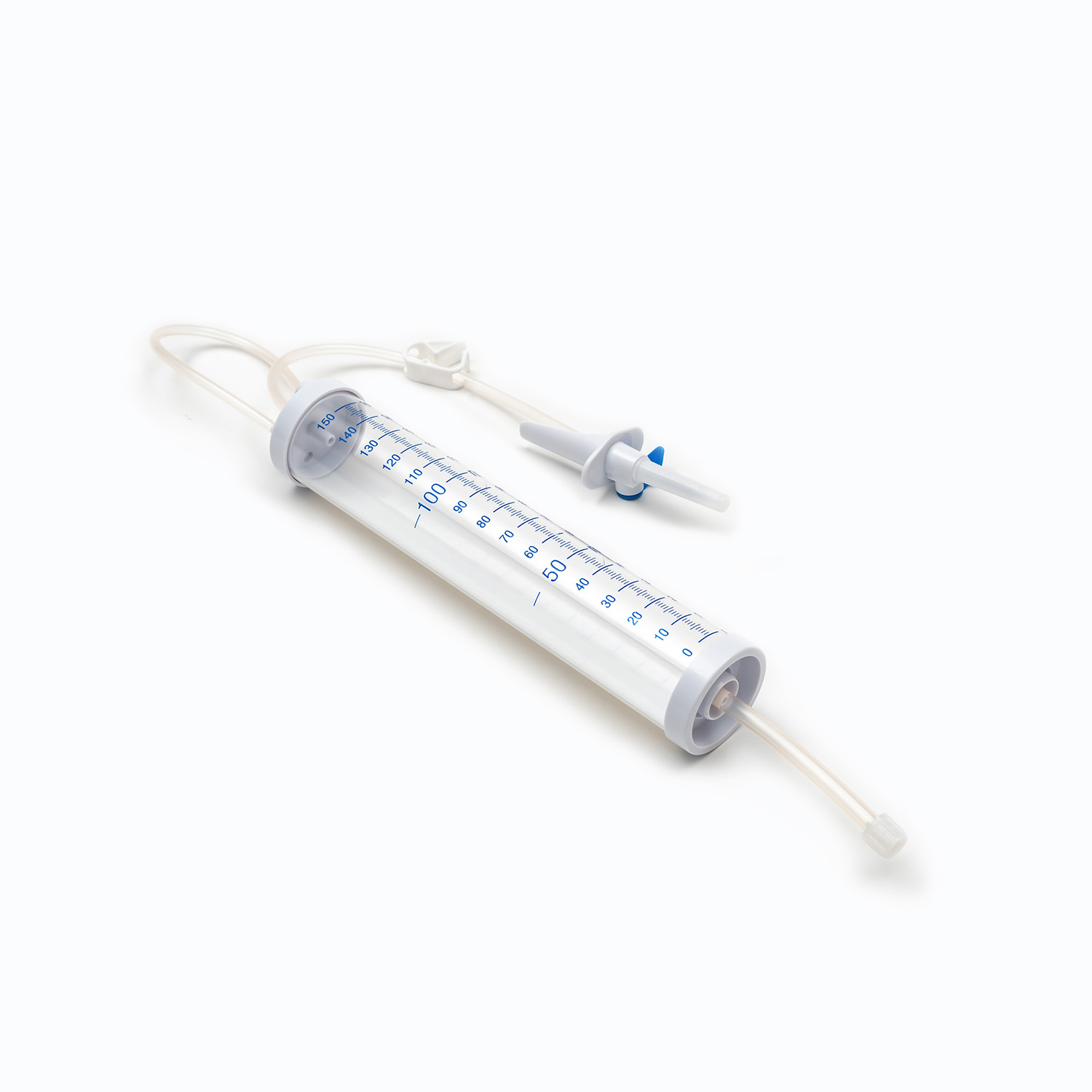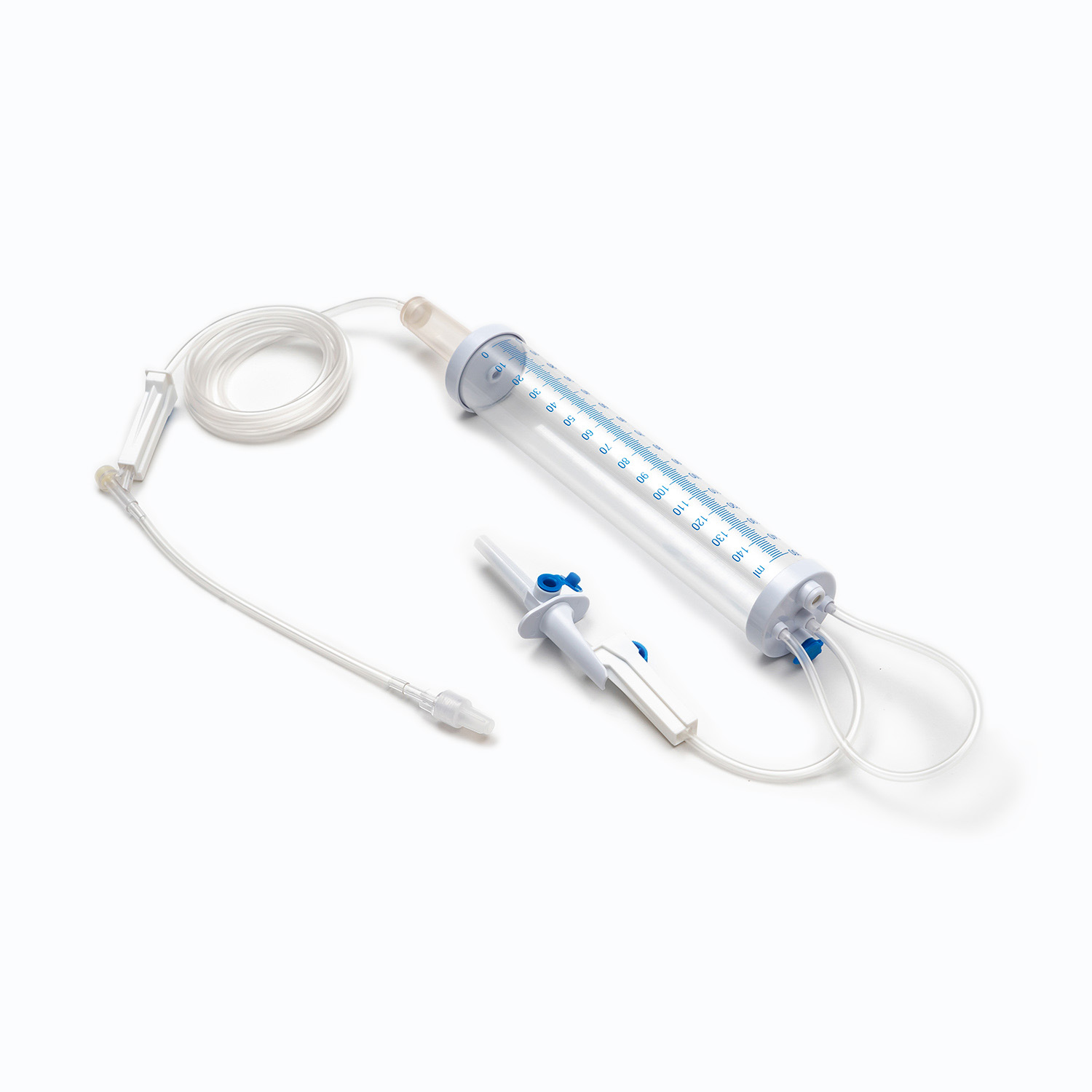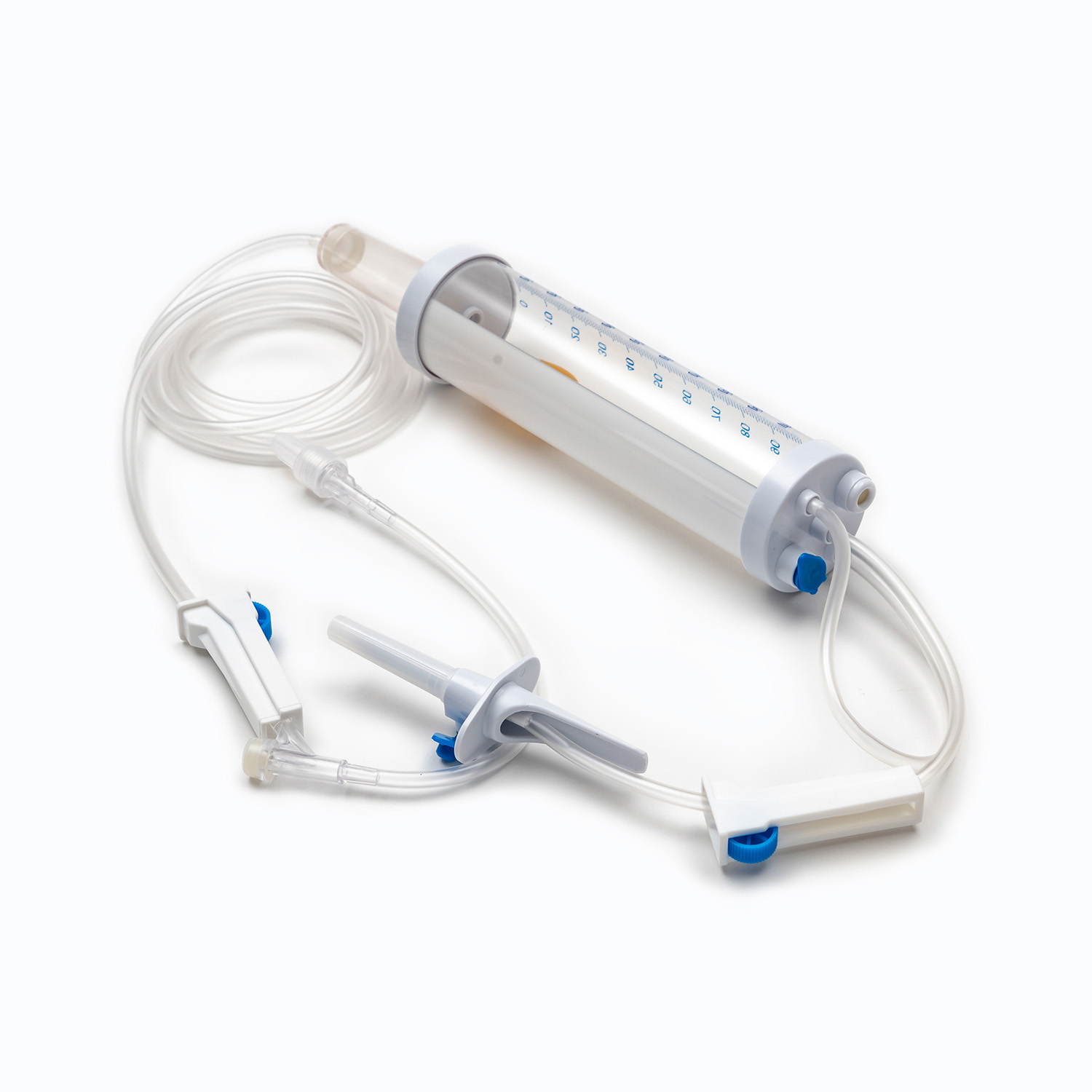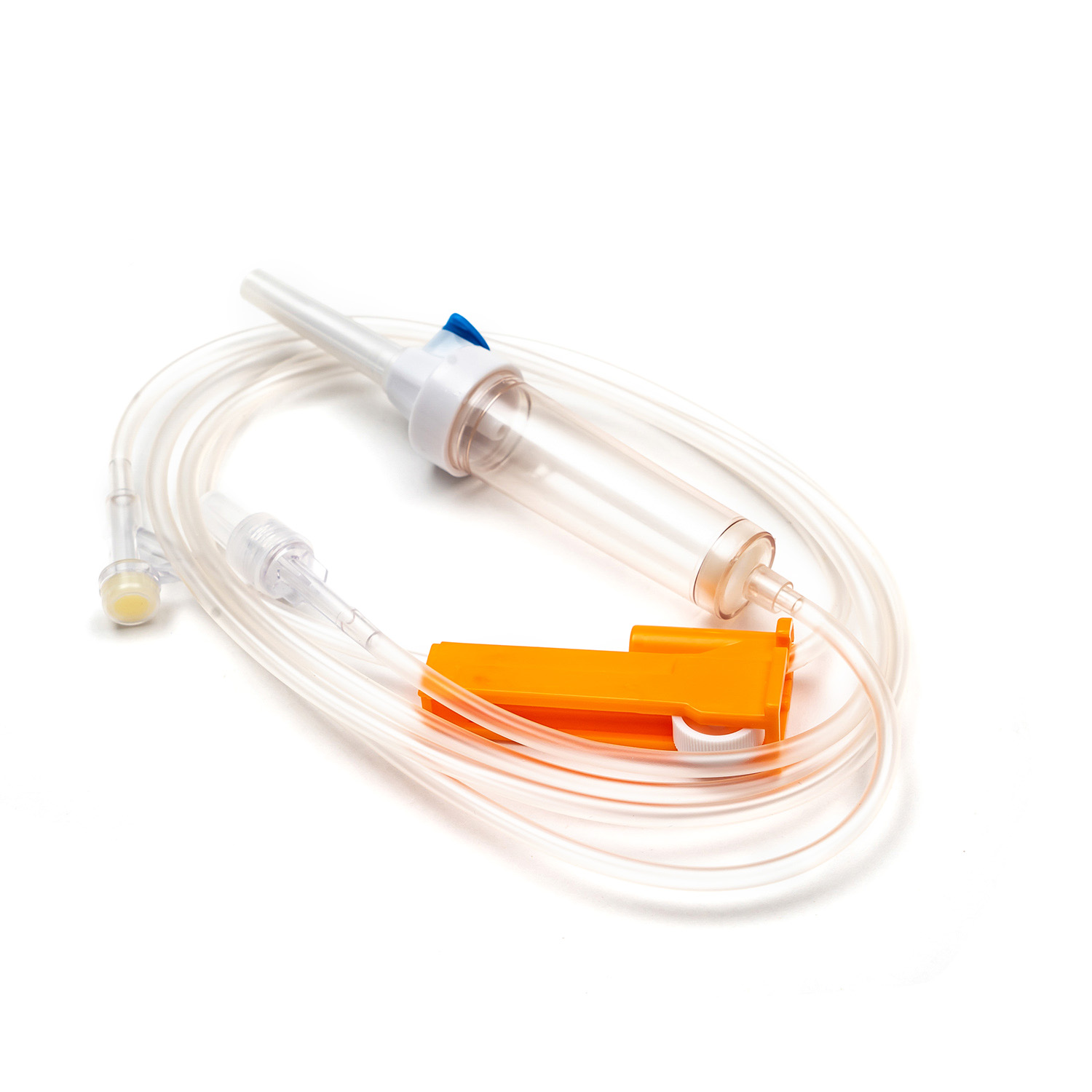The Lancet: A pioneer in precision medicine
Aug 15,2024
In the vast journey of medicine, the lancet, a surgical instrument with a long history, is gradually transforming into a pioneer in the field of precision medicine. It is not only an indispensable tool in the hands of surgeons, but also an important symbol of the progress and innovation of modern medical science and technology. With the rapid development of science and technology, the combination of lancet and precision medicine is becoming increasingly close, jointly promoting the profound transformation of medical treatment models.
The core of precision medicine lies in the word "precision", that is, to formulate personalized treatment plans based on the differences in individual genes, environment, lifestyle and other factors. Guided by this concept, the lancet has become a key tool for achieving precision surgery. Through advanced imaging diagnostic technologies, such as high-resolution MRI and CT, doctors can accurately reconstruct the patient's lesions in three dimensions before surgery, and clarify the location, size, shape and relationship of the lesions with surrounding tissues. On this basis, the lancet can accurately cut into the lesion during surgery, achieving the maximum treatment effect with minimal trauma, and truly achieving "no mistakes under the knife".
Compared with traditional open surgery, minimally invasive surgery has become the mainstream trend of modern surgery with its advantages of less trauma, faster recovery and fewer complications. And the lancet is the pioneering force in this change. With the assistance of laparoscopic, thoracoscopy and other endoscopic technologies, the lancet can enter the human body through a tiny incision to complete complex surgical operations. This "keyhole" surgery not only relieves the patient's pain, but also shortens the hospital stay and improves the quality of life. More importantly, minimally invasive surgery provides doctors with a clearer surgical field of view, making the operation of the lancet more delicate and accurate, further improving the success rate and safety of the operation.
With the continuous development of artificial intelligence technology, the combination of the lancet and the intelligent navigation system has injected new vitality into precision medicine. Through preoperative planning, real-time positioning and feedback during surgery, the intelligent navigation system can guide the lancet to move accurately along the preset path to ensure the stability and controllability of the surgical process. At the same time, combined with big data analysis and machine learning technology, the intelligent navigation system can also intelligently adjust and optimize the surgical plan according to the patient's specific situation to achieve truly personalized treatment. This "human-machine collaboration" model not only improves the efficiency and quality of surgery, but also reduces the risk and incidence of complications of surgery.
As a pioneer in precision medicine, the lancet plays an increasingly important role in the medical field. It is not only the sharpest weapon in the hands of doctors, but also an important embodiment of the progress and innovation of modern medical science and technology. With the continuous advancement of science and technology, the future of The Lancet will be even brighter, and it will continue to overcome difficulties in the journey of precision medicine and contribute more to the cause of human health.



 English
English Français
Français русский
русский Español
Español





